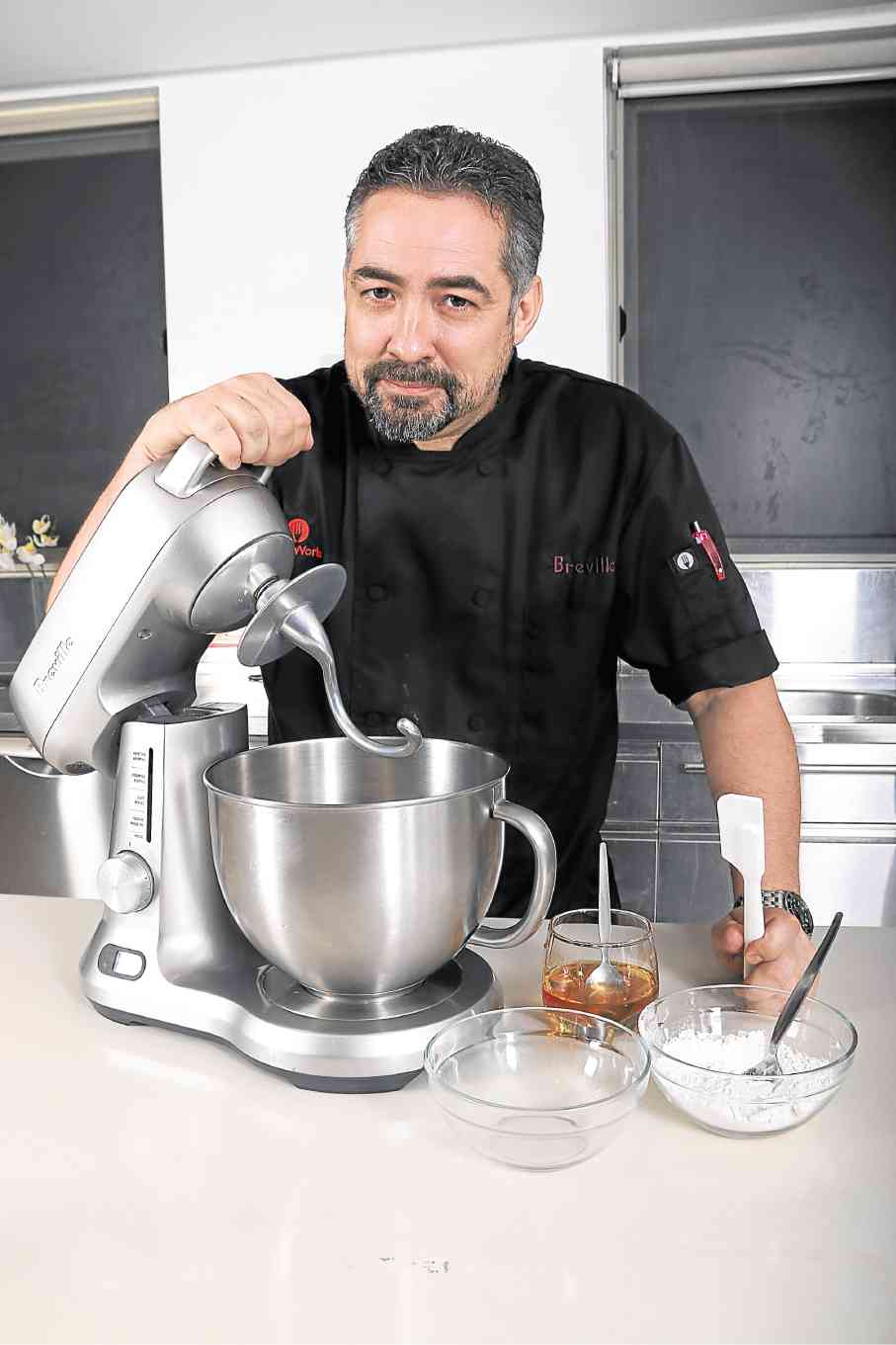What makes a good chef—and his restaurant—successful?
Not so much the delicious food, apparently, but more importantly, one’s “attitude,” says Chef Philip Golding, founding president of nonprofit organization Disciples de Escoffier (DDE) Philippines, which is part of the international group of around 25,000 chefs who are “all about the transfer of knowledge without profit.”
“The most important thing is attitude. I want [chefs] to understand how to work with the farmer, what the farmer has to go through; before you get that fish, [I want them to learn] where it came from and how it grew,” Golding says.
DDE is one of the groups behind the country’s Sustainable Seafood Movement, which in February next year will hold the second Sustainable Seafood Week to further educate both food professionals and the dining public on how their food choices affect the environment.
The movement is pushing for high-end establishments to buy seafood from fisherfolk who use the proper gear; catch only non-endangered, adult-sized species; fish in the right areas by avoiding marine sanctuaries; and follow proper handling and storage standards.
The first Sustainable Seafood Week was held last year and brought together top hotels, restaurants, environmental groups, and other nonprofit pro-fisheries groups through different events focused on promoting sustainable fishing and addressing issues plaguing Philippine marine life.
“Man is destroying the environment; what can a chef do? Leave a legacy. For me it is extremely important that as a chef, you understand where your product comes from, and you have that transparency with your customers,” Golding says.
Other proponents of the Sustainable Seafood Movement include: Rare Philippines, Fish Forever, Meliomar Inc., Disciples Escoffier International Asia, Blueyou, Center for Sustainability, Greenpeace Southeast Asia, Pemsea, Bureau of Fisheries and Aquatic Resources, Fairmont Hotel, Hyatt City of Dreams Manila, Marco Polo Ortigas, Marriott Manila Hotel, The Peninsula Manila, Shangri-La Hotels, Raffles Makati, New World Makati, Alab, Le Club, Lulu Hooch and Vask.
Golding, who is also the official ambassador of Breville, works with over 600 clients, including hotel chains.
He says that while he grew up and was educated in the United Kingdom, he already has a “Filipino heart” after working for 20 years in the country.
“Matagal na (It’s been quite a while),” says Golding of his stay in the Philippines.
“As a chef/salesman/entrepreneur, how do I help the country? I do workshops. I use quality products. I am very happy to support local,” he says.
Aside from Sustainable Seafood Week, Golding is also excited about the recent opening of DDE’s world-renowned French educational institution, the Institut Culinaire Disciples Escoffier (ICDE) in Makati, in partnership with the Center for Culinary Arts (CCA).
Here, Golding will be able to conduct more workshops and master classes, in the hopes of elevating the country’s food industry.
“I will [also] do short courses, like ‘Chef Philip: At Home with Sustainable Cooking.’ Whatever money we make will go to a feeding program or a charity, so it won’t go into our pockets,” he says.
The school is also a venue for Golding to mold future chefs who will be more conscious of their environmental impact.
“I believe that success breeds success. We try, as much as possible, to pave the way [for the next generation] without destroying the environment,” Golding says.
